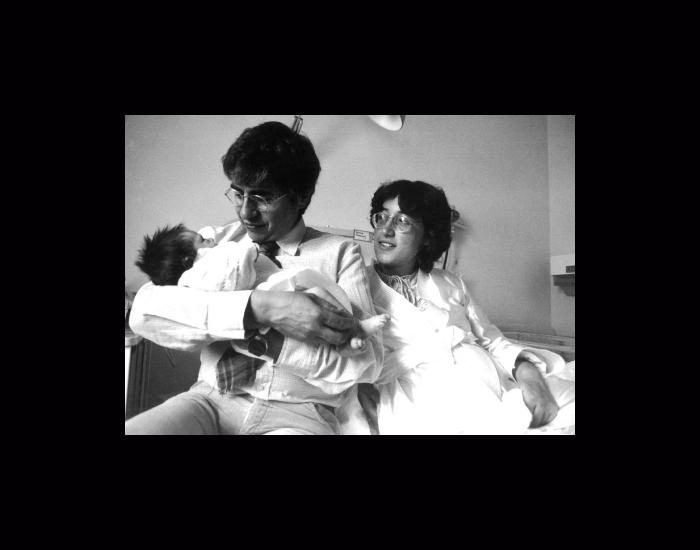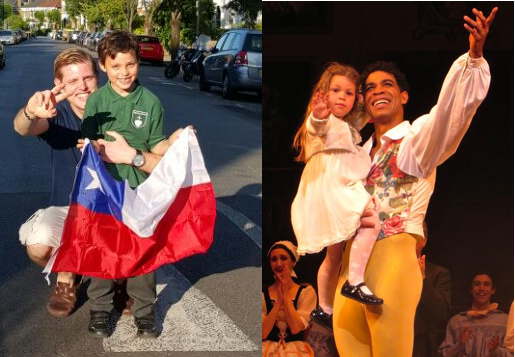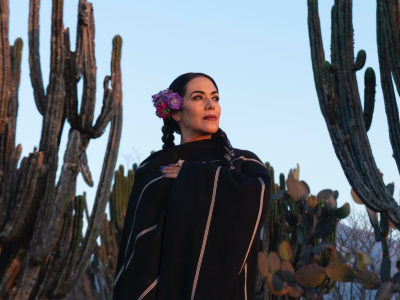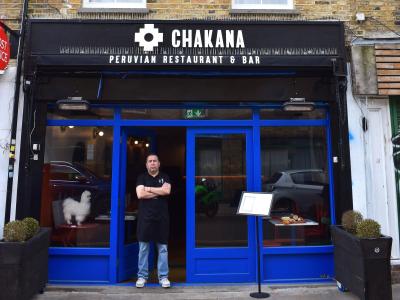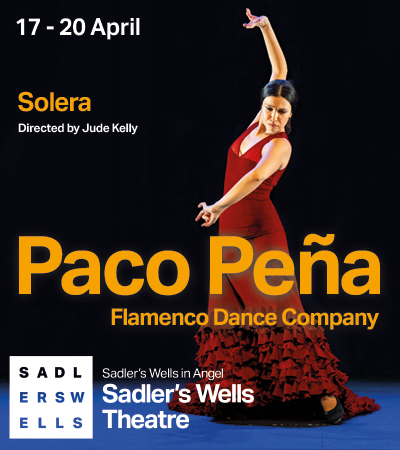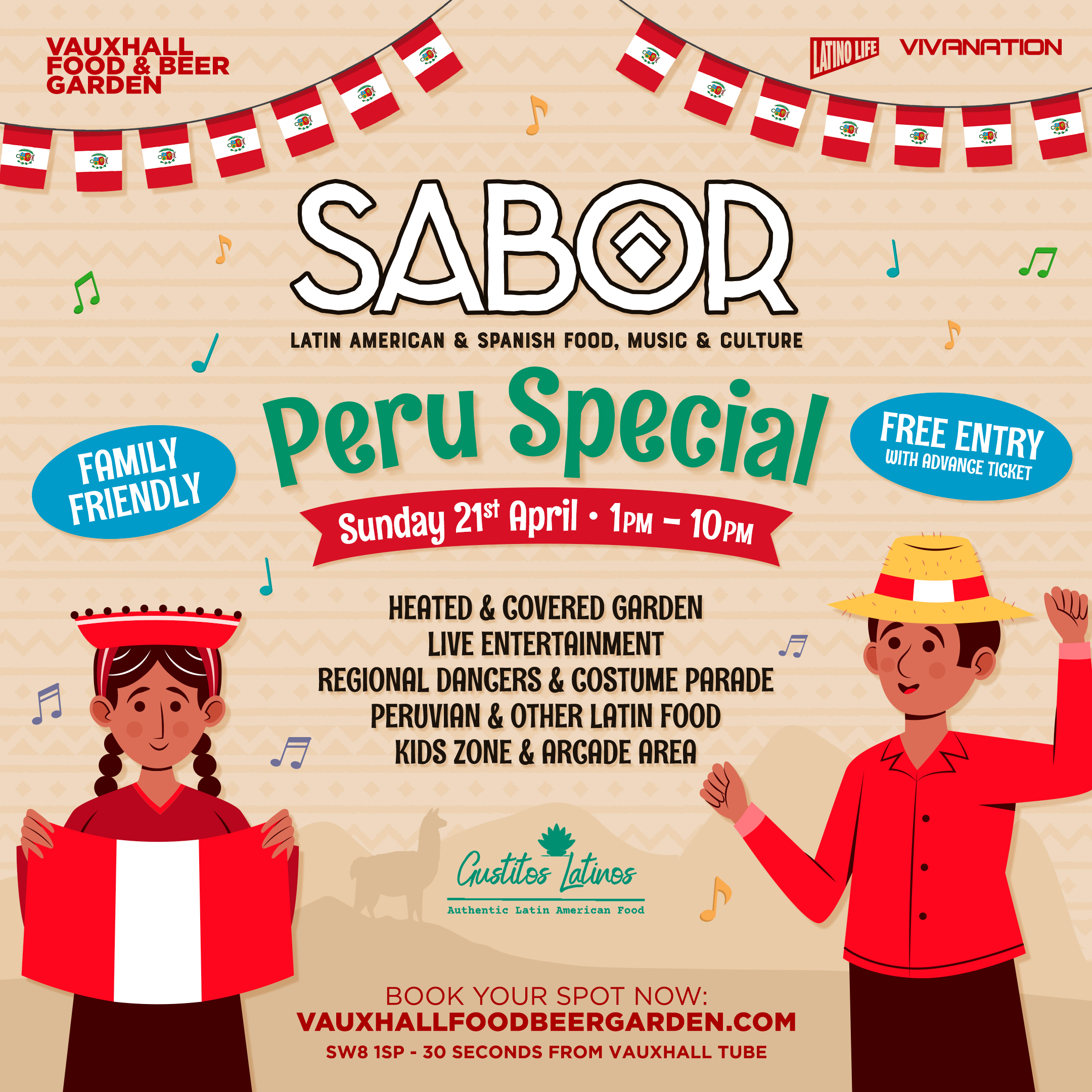Growing up, I often felt like the odd one out. In England, where I grew up, I was ‘the Spanish friend’. In Spain, where I spent my holidays I’d be ‘the English cousin.’ Now, I feel normal. Migration over the past 50 years has changed everything. Because of it, as cultural psychologist Steven Heine points out, “most of the world’s societies rarely, if ever, include people from only one cultural background.”
Just travelling on the tube in London makes me feel normal. Only hearing English is the exception, not the rule. With Spanish and Portuguese now being London’s biggest minority language, understanding what people are saying, knowing their context, makes me feel comfortable.
But not everyone feels like this. Many English people feel out of place amongst people who share cultural references that they don’t understand. And sharing two or more identities can make you feel insecure too. Things are not so simple. Who am I? Where do my loyalties lie? Do I have a mixed-identity, or a split-identity, flitting between cultures? Being part of two cultures can be enriching, but does it make you happier?
Bi-culturalism vs bi-lingualism
Bi-cultural people are those who have been continuously exposed to two equally dominating cultures throughout their lifetime. But it’s not the same as being bilingual – fluent in two different languages. Over half the world’s population is bi-lingual. With dedication, many people can learn a language to almost bi-lingual standard. For centuries, colonial powers found it useful to learn the language of the people they ruled.
But for Charlotte Holland, wife of Cuban Carlos Acosta, arguably the world’s most famous ballet dancer, with whom she is raising their daughter Aisa, bi-lingualism has its limits. “Knowing a different language, you have the freedom to mingle in the society which uses that language, but culturally, you don’t reach the same level of understanding. Even now, although I’m fluent in Spanish, I’m still ‘outside’ the loop in terms of Cuban culture. Knowing the language is essential to understand the culture, but it doesn’t necessarily make you feel part of it.”
For this reason, Charlotte says, its so important for her three year-old Aisa to spend as much time as possible time in Cuba during her formative years. “It’s important for her to BE there, so that she can be part of father’s culture, and her ancestral roots. Carlos speaks to her only in Spanish, but she doesn’t reply in Spanish because she doesn’t need to; she knows her dad understands English and at school and everywhere else she speaks English. In Cuba, she’s forced to use Spanish. I want her to be able to understand not only the language, but her other culture and the people who form a part of it.”
Are bi-culturals happier?
Research has shown that bilingual children have an academic advantage, and better attention and memory spans. Psychologists have also hailed the benefits of bi-culturalism – “bi-culturals tend to be more creative, have a broader worldview, and think outside the box for solutions to problems,” Heine states. “In terms of thinking outside the box, this can apply to ‘thinking outside’ the cultures they’re surrounded by.”
But, as many of us will testify, actually living cultural duality, as opposed to just understanding it, is not always easy. When things are not black and white, uncertainty, insecurity and confusion can cause havoc. Heine says there are two types of coping with bi-cultural identities: the ‘blending’ and the ‘frame-switching’ “Blending is a process by which bi-cultural people form their identity and behaviour by mixing both their cultures, taking a bit from both. Frame-switching, however, is the term used when bi-cultural people form two separate senses of self, and switch between them when they feel the need to do so.”
Frame-switching entails a ‘mastery’ over the cultural worlds concerned, thinking and acting differently each time they interact with each culture. Charlotte says she can already see Aila doing this, altering her behaviour according to where she is. “She picks up on these differences; the way Latin Americans speak with their bodies, for example, their arms and hands. She definitely has a Latin temperament, and is sociable in a way I have never been.”
Blending can perhaps be more complex. Ben Corbyn, who grew up in a politically conscious household (his father is the Labour leader Jeremy Corbyn), describes how as a child his identity was heavily influenced by his Chilean mother, Claudia Bracchitta. But travelling ‘home’ to Chile made him feel more self-aware, or self-conscious, about his identity, or lack of it. “It’s not an identity crisis – but it’s very odd,” Ben admits. “You feel Chilean in England, but then you go to Chile you notice you’re not like the people there either. Each time I switch between cultures, I refine the answer I tell everyone about my cultural identity.”
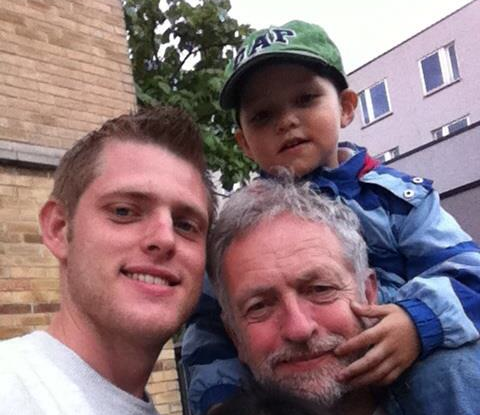
Identity as choice
They say the grass is always greener on the other side. But when you’re bi-cultural, you see both sides, warts and all. “People are more ‘bubbly’ in Chile, more out-going and light hearted,” Ben laughs. “The sense of family belonging is very strong. Everyone wants to look after you and be responsible for your wellbeing – even if they haven’t met you before, you’re family. But at the same time, life in Chile isn’t easy. There’s a lot of financial strain and the economic struggle is seen in day to day interactions.”
In the end, identity is a choice, argues Amaranta Wright, founder of The Latin UK Awards, and the identity you choose can come down to personality as much as circumstance. Amaranta was born and raised in Argentina to English parents. “Even though my parents are English, when I came back to the UK I always felt different. We received a lot of Latin American refugees in our house, and I remember wanting to be like them, or that I identified with them. My brother however, felt the opposite, I think he was kind of scared of all these different people in the house.”
“I think as a child, you make choices, albeit emotional and unconscious ones, about what you like and what you don’t like. My brother, who was older, spoke Spanish better than I did, but he decided it was of no use to him in England. He stopped speaking Spanish altogether and didn’t look back. I was always looking back and couldn’t wait for the day when I finished university and could go back to where I perceived I belonged. The rest is history.”
Ben Corbyn also made choices early on. But, despite his father’s life in politics, his political and cultural views were formed mostly by his mother. Claudia Bracchetti was exiled in 1973 due to the coup d’état in Chile. She fled to England along with thousands of other Chileans. Ben grew up immersed in London’s Chilean community. “I was about ten or eleven before I really started to understand where I was from. I became politically conscious from an early age because of it.”
Ben, Charlotte and Amaranta ultimately believe that the experience of two cultures and languages is an endlessly beneficial one, even if the struggle for identity can be a challenge at times. “It’s something that makes people socially intelligent,” says Charlotte. “I think more than ever it’s a tremendous advantage to develop a broader worldview and a deeper understanding of different perspectives.”
“Sometimes, living in England, I think life would be easier if I was and felt just English, but it's a choice I made a long time ago and I made that choice for a reason,” says Amaranta. “A great joy for me is seeing how my children, who are also Venezuelan, embrace it. Being international in London is such a natural thing now.”
Ben, who has also continued the tradition of bi-culturalism through his son, adding Colombian layer through his partner, agrees. ”Beto has already decided; when he gets asked where he's from, he says 'Colombia’.”
“First and foremost, you are where you grow up,” continues Ben. “It’s important to remember that. But it’s equally essential to know where you come from, what your family roots are.”
